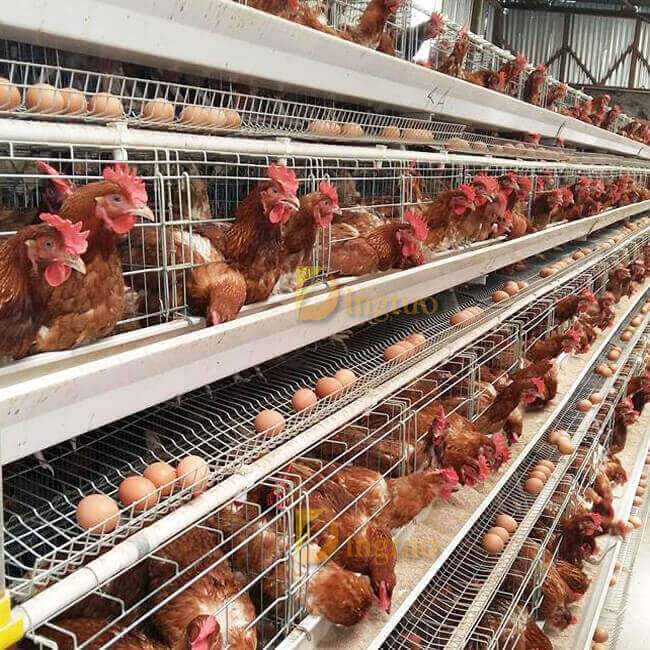

There is strength in numbers, and consumers have more power than they realise.

We will continue to advocate for an end to colony cage use in New Zealand altogether. SPCA will continue to advocate for birds who are continuing to suffer under this system of farming. Banning battery cages while allowing colony cages simply is not good enough for hens, or the farmers. Based on what is happening in other parts of the world, these colony cages will likely become obsolete. It is important for both industry and government to be seen taking the lead to improve layer hen welfare – helping our farmers to move out of colony cage use. Responding to the ever-increasing consumer attention on the process by which eggs arrive on the shelves, many retailers are stopping the sale of eggs laid in colony cage systems. You can see photos of colony cages in use in New Zealand here to get an idea of the current reality for hens. The egg industry in New Zealand has a duty to meet the basic needs of hens. SPCA uses an evidence-based approach to evaluating animal welfare and asserts that, given the Animal Welfare Act 1999 is based on the “Five Freedoms” of animal welfare, a restrictive cage can never provide for an animals’ behavioural needs. While the Ministry for Primary Industries (MPI) argues that colony cages allow this by providing perches and scratch pads, SPCA strongly disagrees.Ĭolony cages are little better than the battery cages they were intended to replace. For hens, that means scratching, dust bathing and foraging. The Animal Welfare Act states that animals must be provided the opportunity to express normal behaviours. SPCA totally opposes farming hens within colony cages. Major supermarkets have pledged to phase out the sale of caged eggs on shelves, such as the Woolworths Group to phase it out by the end of 2025 nationwide, and Foodstuffs (NZ) by the end of 2027. The egg industry lobbied to be permitted to build colony cages even once the ban on battery cages was due to come into effect, and the Government allowed this, leading many farmers to invest in this replacement method of housing layer hens.īut predictably, New Zealanders have made it clear that we do not support the caging of hens. Hens kept in these cages cannot properly dust bathe, range or forage, which hens are naturally driven to do. This is just a bit larger than an A4 sheet of paper. While larger than battery cages, colony cages still force hens into cramped metal spaces that do not allow the birds to display normal behaviour, or have positive welfare experiences.Įach colony cage houses around 60 birds and the cages are stacked on top of each other inside barns – just like battery cages before them.įurthermore, each hen confined to colony cages has approximately 750 square centimetres to live out her entire life.


 0 kommentar(er)
0 kommentar(er)
